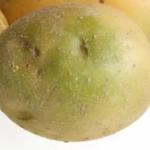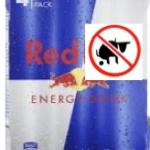It's practically universal for parents to look at their kids – and teen culture in general – and take issue with at least some of the questionable choices they make.
Food & Nutrition
These days all that is green is good. Perhaps even holy. Cars, milk cartons, grocery bags, dry cleaners, cat litter. You name it, it's green. But here's an exception - potatoes. You might want to pass on the green potatoes.
It isn’t either a big or a polished study, but it raises interesting questions; can Home Econ improve our health and better yet is Home Ec, in reality, a STEM course?
The quality of your sleep is directly related to how you feel and function the next day, and in general.
If you ask a chemist "What element with a one-letter symbol should really have a five-letter symbol instead?" many would say sulfur.
Food waste occurs everywhere along the food chain from farm to table, and some estimates suggest that a quarter of the planet could be fed a substantial diet just from food waste.
Alcohol is bad again. Sometimes, epidemiologists tell us it's good, but today, they're telling us it's bad. What else is bad? The study that arrived at that conclusion.
The Environmental Working Group has once again released their Dirty Dozen list — the fruits and veggies they say are covered in pesticides. One minor detail: organic produce contains pesticides, too, but that doesn't quite fit their narrative.
All of us diet soda aficionados have had this experience at least once, right?











